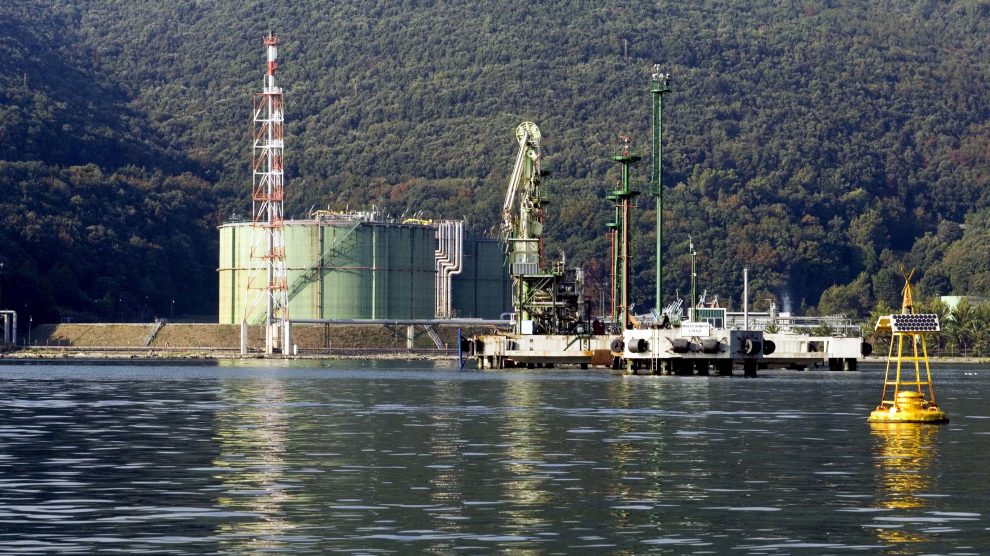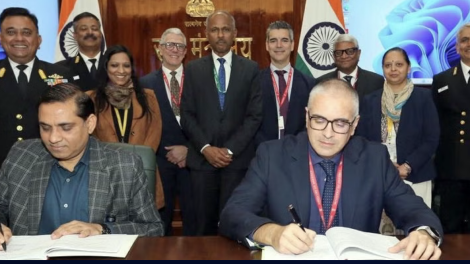Energy is security. On Wednesday, COPASIR – the Italian Parliament’s opposition-controlled intelligence watchdog – released a new report on energy security, featuring a roadmap to move away from Russian gas. TLDR: it’s quite possible but tricky to do quickly.
- “Liberation from Russian supplies and supply diversification are necessary,” reads the report; Italy must replace roughly 30 yearly bcm (billion cubic metres) of Russian gas.
- COPASIR applauded the government’s diversification efforts, which – if all goes well – will provide roughly 20 bcm between 2022 and 2023.
The Spanish paradox. The Italian watchdog shone a light on Madrid’s predicament, which indicates that shifting to a more reliable European infrastructure is easier said than done.
- Spain boasts an excellent regasification capacity, as it possesses six out of the twenty European terminals to convert liquefied natural gas (LNG) back into its gaseous, pipeline-ready state.
- However, it lacks the infrastructural connections to transport the gas across to France and, therefore, the rest of the continent: Spain can only pump eastward roughly five bcm a year.
New pipelines? COPASIR writes that building a new pipeline between France and Spain “would allow Italy to increase the levels of gas coming from the Algerian territory.” And it floated the idea of another underwater pipeline to connect Spain and Italy directly.
- Considering the amplitude of connections across the Alps, the 1,200-kilometre Fullcat pipeline between Spain and France could supply more gas to Italy.
- The authors suggest building an offshore pipeline running from Barcelona, on Spain’s southern coast, to Livorno, on Italy’s western shore. They estimate such a project would take four years to complete.
- Another positive knock-on effect: both routes would “increase [Italy’s] range of action in the Mediterranean area” and position the country “as a privileged hub for new gas routes.”
Turkey has a role to play, according to COPASIR. Ankara “can become a major hub for gas in the Mediterranean basin”. Thus, Italy would do well to strike with Turkish President Recep Erdogan “an energy policy based on a new strategic partnership”.
And Iran, too, deserves consideration. Vladimir Putin’s energy blackmails, and Joe Biden’s administration resuming contacts with Teheran in the aftermath of the Ukrainian crisis, are making the Iranian option viable again.
- The report defines Iran as “a leading partner” with which Italy “has excellent commercial relations” and a “further alternative outlet for finding gas to replace Russian gas”.
Winter stocks. COPASIR warns that potential supply disruptions could result in Italy lacking gas next winter. To avoid this, gas storage levels must be increased – and the State can help.
- Italy boasts Europe’s second-largest gas stocking capacity, surpassing 17 bcm. Depleted reserves are usually re-filled during low demand periods to ensure ready supply during high demand periods, such as wintertime.
- This is done by private and public companies, which in 2021 were scared off by sky-high gas prices and lowered the amount of gas they pumped into their reserves.
- To fill them up, COPASIR believes gas for storage purposes should be acquired by the State itself.
- According to the report, Rome should also write up support policies for private companies and coordinate with other European countries, aiming to establish a strategic EU reserve.





